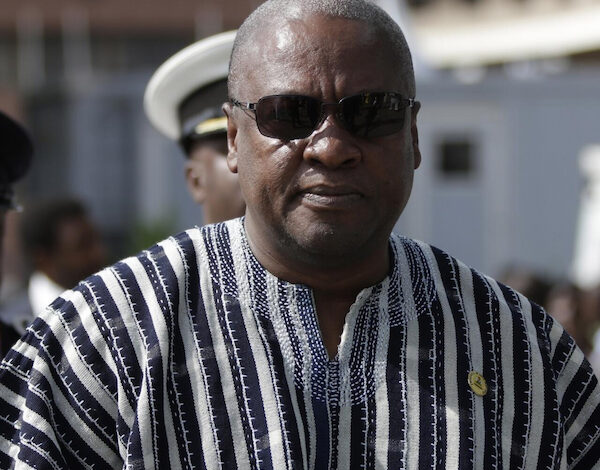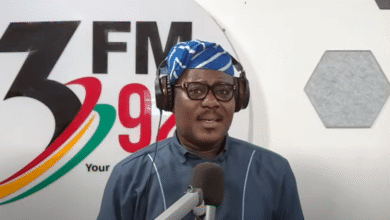Mahama is doing what NPP refused to do for us in 2020 – Lecturer

After years of missed opportunities and economic missteps, government’s newfound commitment to fiscal discipline may finally be yielding results.
That’s the view of Professor Godfred Bokpin of the University of Ghana Business School, who says the recent appreciation of the cedi is largely due to long-overdue but painful fiscal corrections that should have started during the COVID-19 era.
“You can see leadership here from the highest level. You can see painful choices that are manifesting in what we are seeing,” Prof. Bokpin said during a discussion on TV3’s KeyPoints on May 24.
The economist argued that since the pandemic struck in 2020, experts had called for the state to cut wasteful expenditure and begin gradual fiscal consolidation. However, government delayed, and instead “excess injection of liquidity into the economy through high expenditure” only worsened inflationary pressures.
“In 2022, the Bank of Ghana moved in strongly with excess liquidity that created inflationary pressures that pushed over 800,000 into poverty,” he said, suggesting that poor monetary and fiscal coordination had deepened the country’s economic vulnerabilities.
Prof. Bokpin noted that even under the IMF programme in 2024, Ghana missed all key targets except GDP growth and international reserves.
“When it comes to the main anchor for fiscal consolidation, we missed it,” he added. “We were supposed to do 0.5% of GDP on primary surplus, but we did a negative of more than 3%.”
Now, with the 2025 budget in effect, government appears to be course-correcting.
“They have used the 2025 budget to more or less correct some of these imbalances. To the extent that they have had to restore the IMF programme back on track by moving from a negative surplus of more than 3% of GDP to a primary balance-positive of 1.5% of GDP,” he said.




